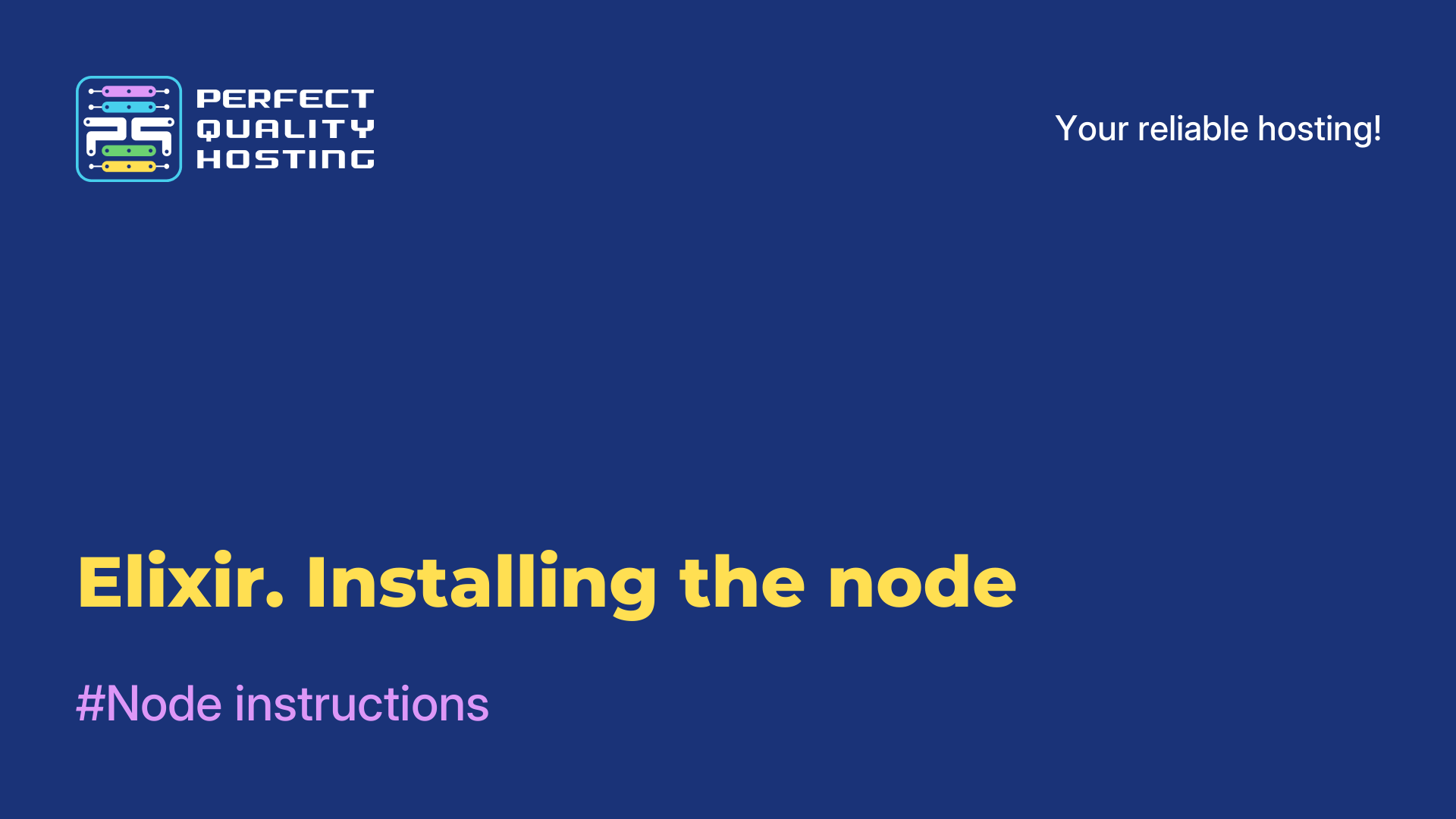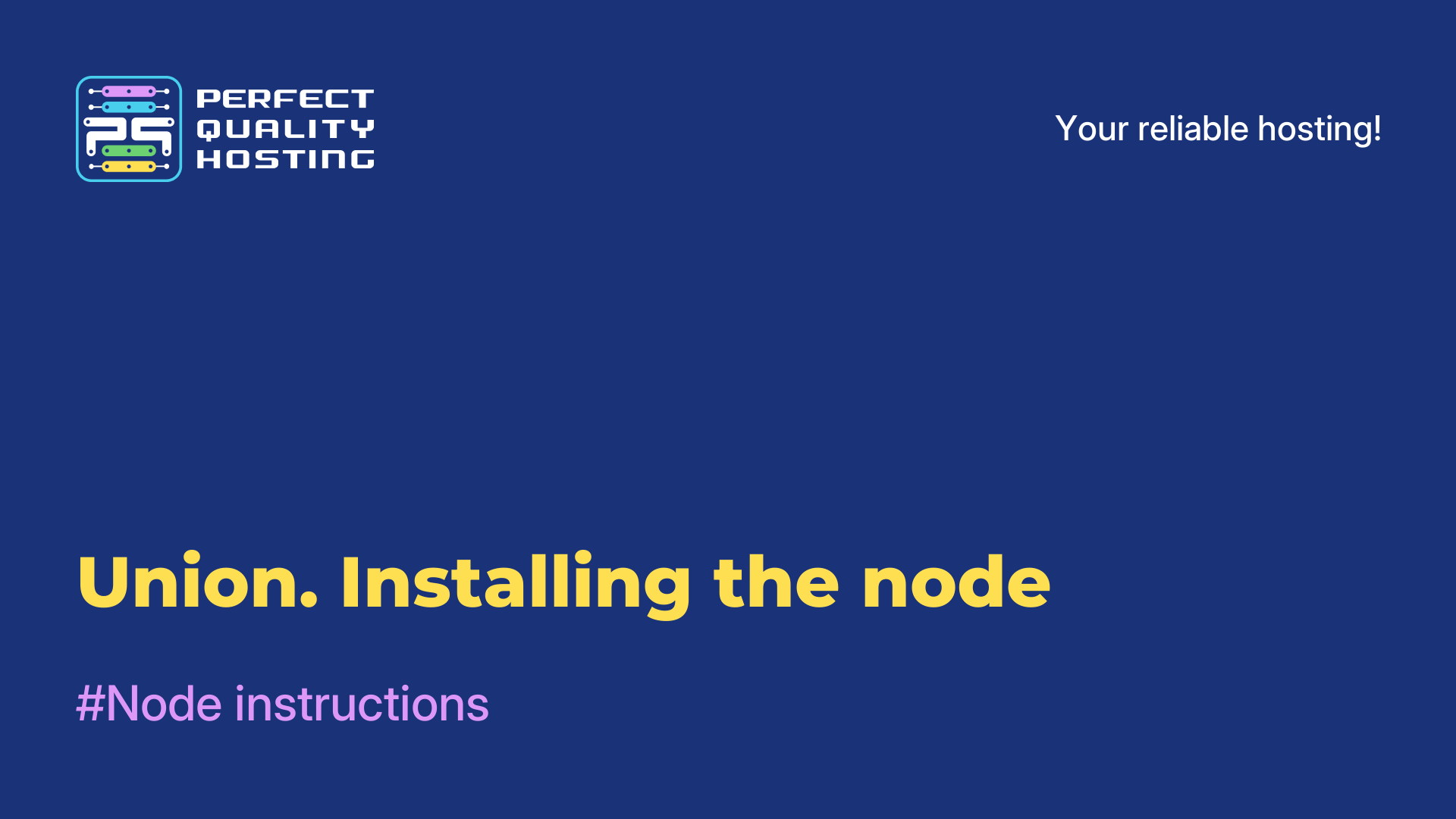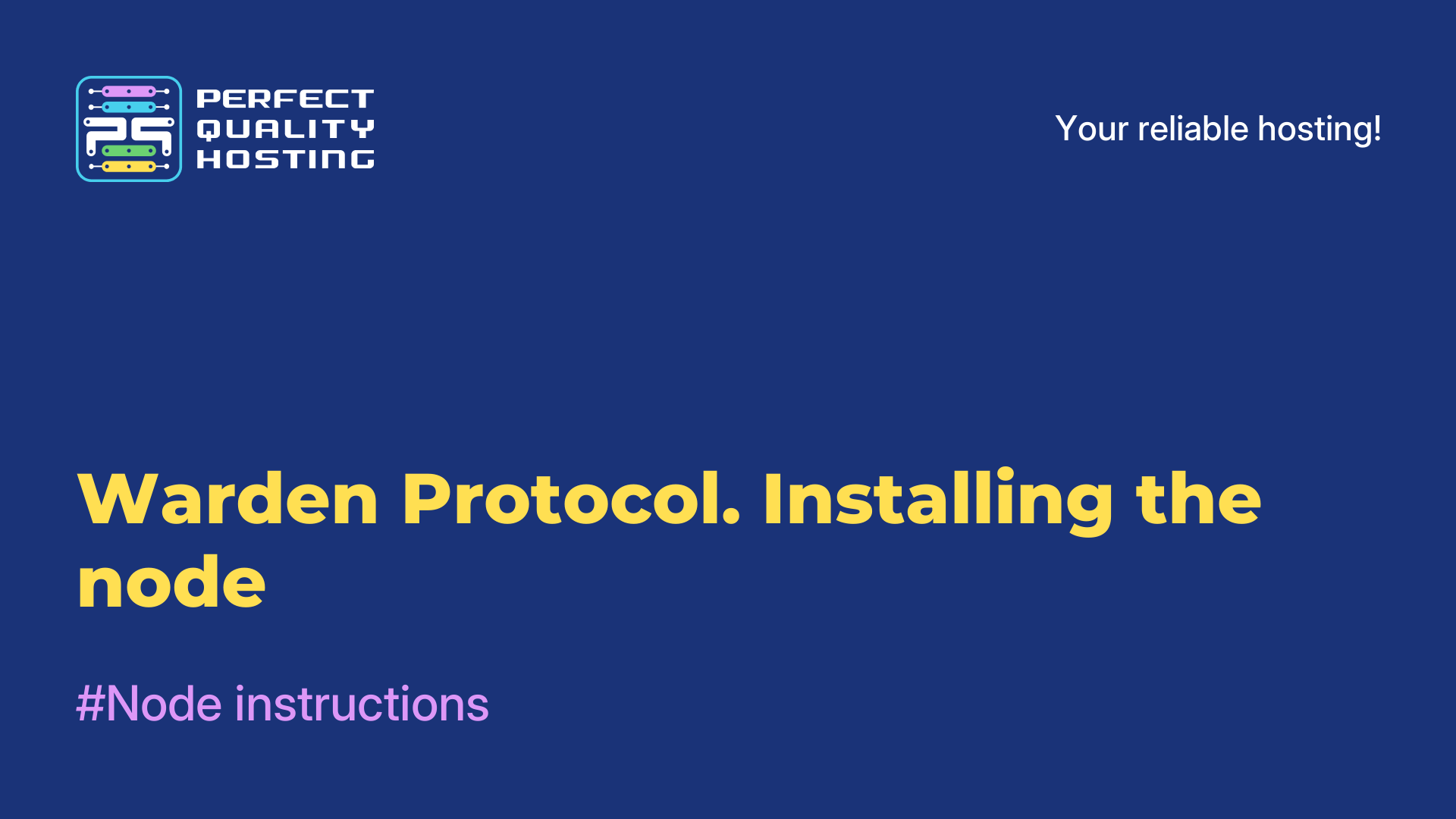-
United Kingdom+44 (20) 4577-20-00
-
USA+1 (929) 431-18-18
-
Israel+972 (55) 507-70-81
-
Brazil+55 (61) 3772-18-88
-
Canada+1 (416) 850-13-33
-
Czech Republic+420 (736) 353-668
-
Estonia+372 (53) 683-380
-
Greece+30 (800) 000-02-04
-
Ireland+353 (1) 699-43-88
-
Iceland+354 (53) 952-99
-
Lithuania+370 (700) 660-08
-
Netherlands+31 (970) 1027-77-87
-
Portugal+351 (800) 180-09-04
-
Romania+40 (376) 300-641
-
Sweden+46 (79) 008-11-99
-
Slovakia+421 (2) 333-004-23
-
Switzerland+41 (22) 508-77-76
-
Moldova+373 (699) 33-1-22
 English
English
Nillion. Installing the node
- Main
- Knowledge base
- Nillion. Installing the node
Nillion is a decentralized platform that uses a unique distributed data storage, processing and transmission technology known as NMC (Nillion Multicomputation).
It allows developers to create applications and services that utilize privacy enhancing technologies (PETs), such as secure multi-user computing (MPC), to perform computations on personal data without exposing it to other users or the network.
As part of the Nillion Verifier testnet, participants can install a Verifier node that allows them to become an officially recognized member of the network and earn rewards for performing computations. Installing Verifier is simple and takes a little time.
Quick installation of Nillion Node
You can use an automated script to install the node:
After running the script, follow the link provided to connect your wallet and add the test network nillion-chain-testnet-1. If the network is not displayed automatically, add it manually through the wallet settings.
Request for test tokens
Copy your wallet address and request test tokens from the faucet. After receiving the tokens, return to the site verifier.nillion.com, select "Verified - Set up for Linux" and proceed to step 5 (Initializing the accuser).
Accuser initialization
During the installation process, you will need the AccountId and PublicKey that were obtained earlier. Paste these data into the corresponding fields on the site and sign the transaction with your wallet.
Starting Accuser and registering
You must wait 30-60 minutes for the secret check to complete before continuing. After that, you can proceed to start the Accuser:
Checking the logs
To keep track of the node registration process:
To check if the node is registered:
Node management
To restart the node:
To stop the node:
To delete a node:
Installing additional packages
You must upgrade your system and install Docker before installation:
sudo apt install apt-transport-https ca-certificates curl software-properties-common -y
curl -fsSL https://download.docker.com/linux/ubuntu/gpg | sudo apt-key add -
sudo add-apt-repository "deb [arch=amd64] https://download.docker.com/linux/ubuntu focal stable"
sudo apt-get install docker-ce docker-ce-cli containerd.io docker-compose-plugin -y
Check the Docker version (at least 27.2.0):
Launching and testing Accuser Image
After installing Docker, you need to download the Accuser image and initialize it:
mkdir -p nillion/accuser
docker run -v ./nillion/accuser:/var/tmp nillion/retailtoken-accuser:v1.0.1 initialise
Copy the data obtained from the credentials.json file and save it in a safe place. You will need them when registering on the Verifier website.
Node update:
Stop and delete the docker
docker ps -a | grep nillion | awk '{print $1}' | xargs docker rm
Install accuser:v1.0.1
Was there some information missing?
Documentation from the developers, on working with node - available at the link: https://docs.nillion.com/






































